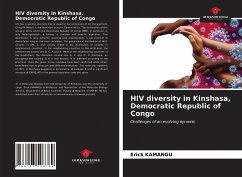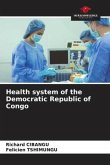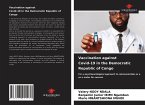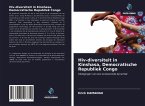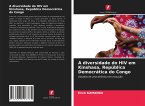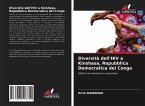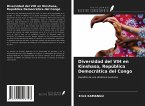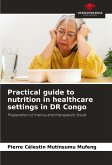HIV has a genetic diversity that is equal to the complexity of its management. Group M (Major) is the dominant group in Central Africa. The distribution of this group in Africa and in the Democratic Republic of Congo (DRC), in particular, is very heterogeneous; it follows a complex and specific algorithm. This distribution is very dynamic, evolving and unpredictable; it will continue to diversify as long as the virus circulates. The geographical distribution of HIV-1 variants in DRC is also closely linked to the distribution of variants in neighbouring countries. In the neighbouring countries to the north-east, the predominant strains are D, C, A and B. While in the neighbouring countries to the South-East, the dominant strains are A, C and D. In Kinshasa, as throughout the country, it is a real mosaic, it is different according to the provinces. Over the years, some subtypes have been confirmed while others have faded due to pressure and different selections. The molecular epidemic of HIV-1 in Kinshasa suggests a persistence of subtype A and a significant increase of CRF02_AG in the general population over the years.
Hinweis: Dieser Artikel kann nur an eine deutsche Lieferadresse ausgeliefert werden.
Hinweis: Dieser Artikel kann nur an eine deutsche Lieferadresse ausgeliefert werden.

